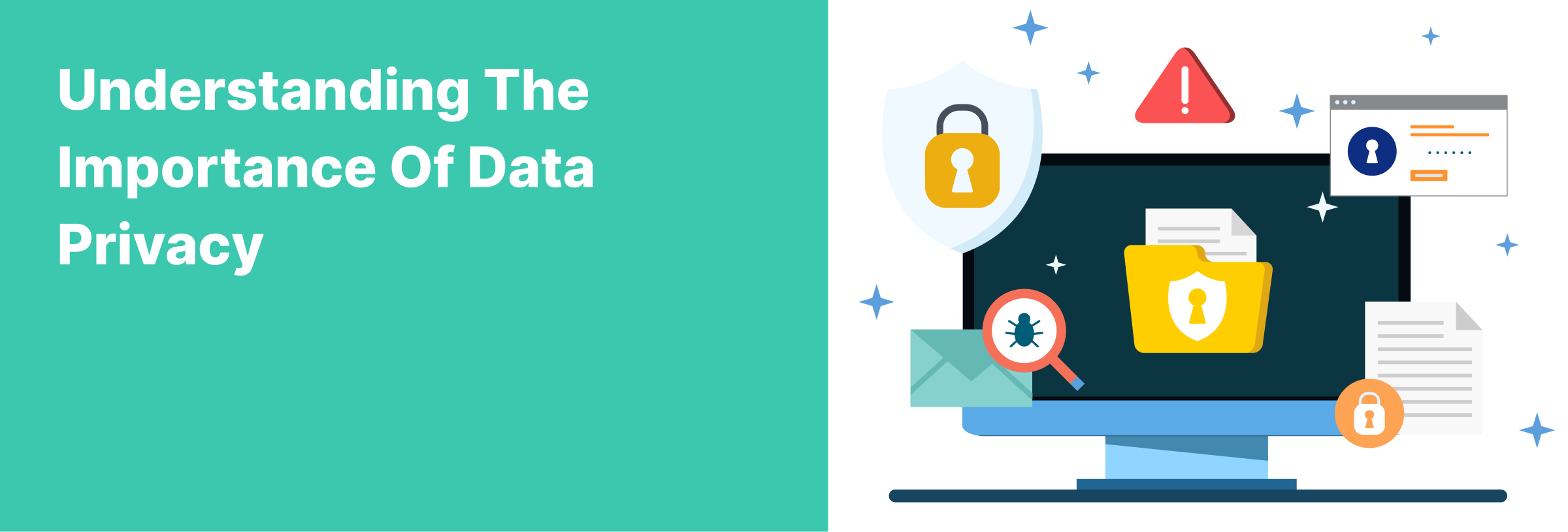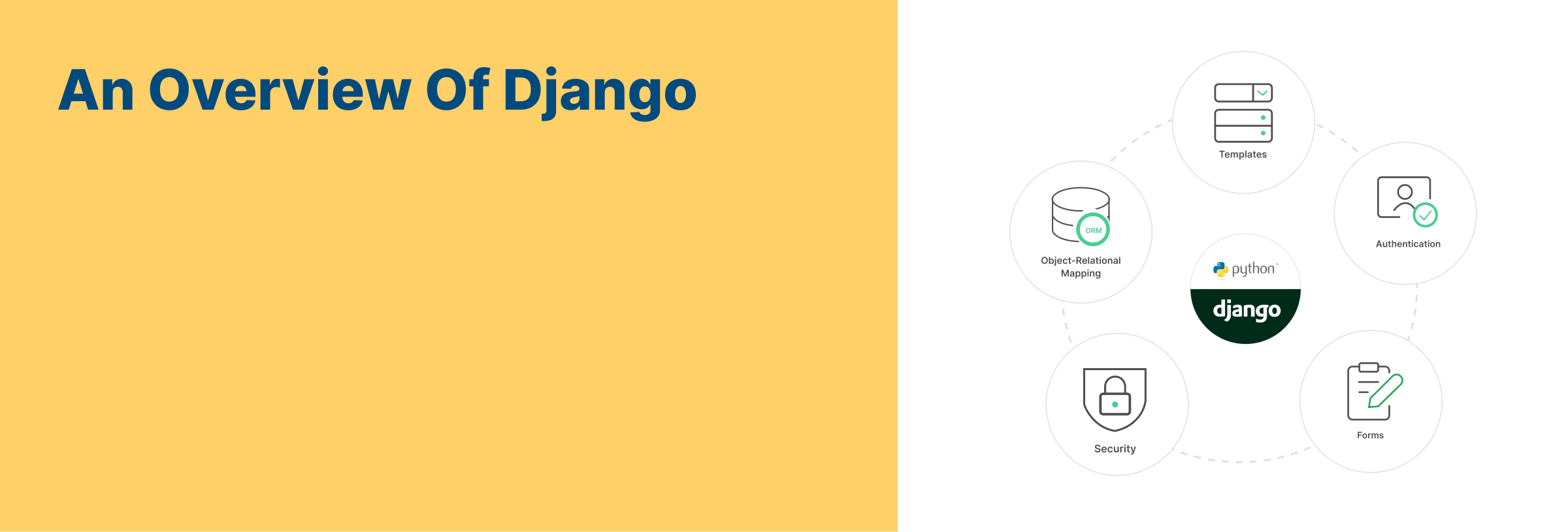Safeguarding Privacy in the Digital Era: Understanding the Importance of Data Privacy
You’ve probably heard the expression “data is the new oil.” Well, data today is fueling an increasing number of businesses. Personalized customer experiences, automated marketing messaging, and science-driven insights all depend on the quality and volume of your information. Companies are eager to gather data, and understandably so. Legislators, on the other hand, are keen to protect the privacy and safety of individuals.
Understanding Data Privacy: What is at Stake?
Data privacy refers to the protection of sensitive information from unauthorized access, use, or disclosure. This sensitive information, often referred to as personal data, can include anything from names, addresses, and phone numbers to financial records, medical history, and browsing habits. In the wrong hands, this data can be misused for identity theft, financial fraud, targeted advertising, or even surveillance.
The Challenges of Data Privacy:
Ensuring data privacy in the digital age is not an easy task. There are several challenges that individuals and organizations face in protecting personal information. One major challenge is the sheer volume of data being generated and shared. With the proliferation of smartphones, social media platforms, and online services, we are constantly producing a vast amount of data, making it difficult to keep track of and secure. Additionally, the evolving nature of technology and the emergence of new data-driven business models pose challenges as traditional privacy regulations struggle to keep up.
Regulatory Frameworks and Privacy Laws:
To address the challenges of data privacy, governments around the world have implemented regulatory frameworks and privacy laws. These laws aim to provide individuals with rights and protections regarding their personal data. For example, the European Union’s General Data Protection Regulation (GDPR) has set strict guidelines for organizations handling personal data, ensuring transparency, consent, and accountability. Similarly, several countries, including the United States, have enacted privacy laws to safeguard personal information. Understanding these laws and regulations is essential for both individuals and organizations to comply with and protect data privacy.
The Role of Individuals in Data Privacy:
While organizations have a responsibility to protect personal data, individuals also play a crucial role in safeguarding their own privacy. Being aware of the data we share and understanding the privacy settings of various platforms can go a long way in protecting personal information. It is essential to be cautious while sharing sensitive data and to regularly review privacy settings to ensure maximum protection. Additionally, individuals can also advocate for stronger privacy regulations and support organizations that prioritize data privacy.
Data privacy is a pressing issue in the digital age, where our personal information is constantly at risk. Understanding the significance of data privacy, the challenges it presents, and the potential solutions is crucial for individuals and organizations alike. By staying informed, adhering to privacy laws and regulations, and taking proactive measures, we can collectively work towards safeguarding our data privacy in the digital age.





